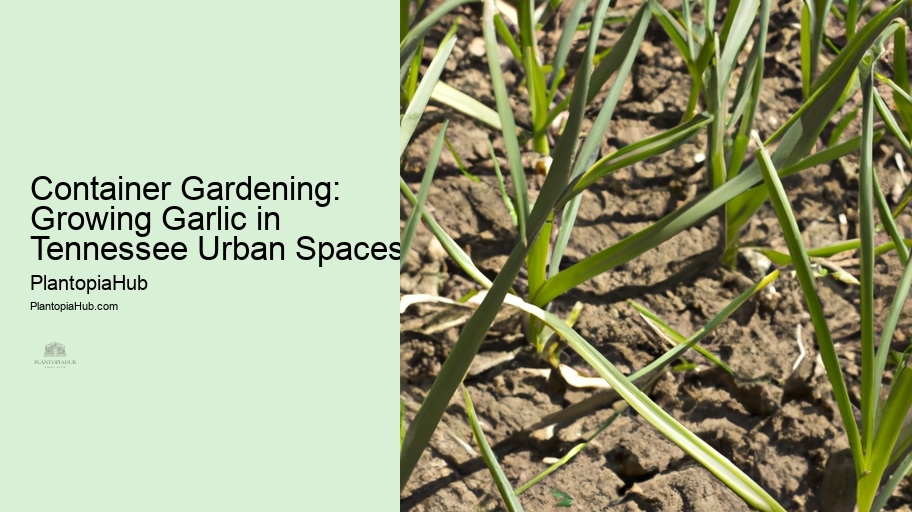

Managing farm biodiversity is crucial for balancing garlic farming and wildlife conservation in Tennessee. Implement practices that encourage biodiversity, such as planting native vegetation and creating habitat corridors. Local Food Systems This helps support local wildlife populations while safeguarding your garlic crop.
Coexisting harmoniously with wildlife promotes ecological balance and sustainable farming practices.
In conclusion, finding ways to manage farm biodiversity alongside garlic farming contributes to a healthier and more resilient agricultural ecosystem in Tennessee.
The Role of Companion Planting with Garlic in Tennessee .Highlighting the benefits of garlic in a balanced diet can encourage individuals in Tennessee to incorporate more garlic into their meals. Agroforestry and Garlic Production Garlic is low in calories and rich in vitamins, minerals, and antioxidants, making it a valuable addition to a healthy diet.
Its culinary versatility allows for various preparations, enhancing the flavor and nutritional value of dishes.
In conclusion, promoting garlic as a dietary staple emphasizes its role in supporting overall health and wellness in Tennessee.
Garlic farming can be a catalyst for community building in Tennessee. Engage with local organizations, schools, and farmers' markets to create connections within your community.
Building a supportive community can benefit both your garlic farm and the local agricultural ecosystem.
In conclusion, garlic farming can serve as a platform for community building, enriching the social fabric of Tennessee's agricultural landscape.
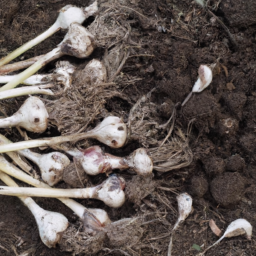
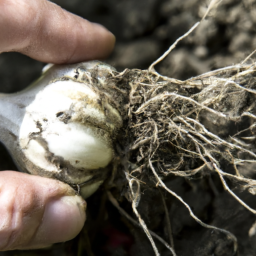
Staying updated on advancements in garlic harvesting machinery is essential for modern garlic farmers in Tennessee.
Efficient machinery can improve the efficiency and profitability of your garlic farm.
In conclusion, embracing technological advancements in garlic harvesting machinery enhances the competitiveness and sustainability of Tennessee garlic farming.
Understanding the perfect timing for planting garlic in Tennessee is crucial for gardeners aiming to harvest plump, flavorful bulbs. The state's unique climate dictates that garlic planting should ideally occur in the fall, several weeks before the first frost. This timing allows garlic to establish roots while the soil is still warm, yet provides a dormant period over the winter that is essential for bulb development.
Selecting the right planting date is just the beginning. Gardeners must also consider the specific microclimate of their gardening space, as Tennessee encompasses a range of climatic conditions from the Appalachian Mountains to the Mississippi River plains. Local weather patterns and the specific location of your garden can influence the best planting time within this window.
For optimal results, aim to plant garlic in late September to October in Tennessee.
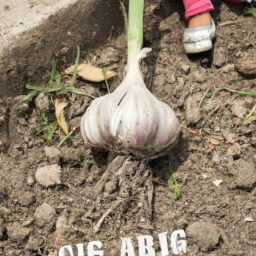
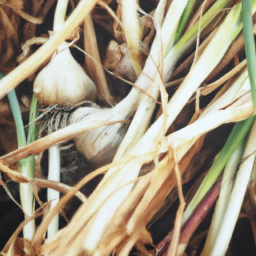
When selecting garlic varieties for Tennessee, it's crucial to consider the local climate. The state's diverse weather conditions, from hot summers to cold winters, require adaptable garlic types.
Furthermore, softneck varieties such as "Inchelium Red" and "Silver White" are suited for milder regions of Tennessee. They're known for their easy braiding, making them popular choices for market growers. Carefully assessing your local climate is the first step toward a successful garlic harvest in Tennessee.
In conclusion, adaptability is key when choosing garlic varieties for Tennessee. Consult with local agricultural experts or your county extension office for personalized recommendations based on your specific microclimate and goals.
Timing is everything when it comes to planting garlic in Tennessee. Typically, the best planting dates fall between late September and early November. This timeframe allows garlic cloves to establish roots before winter and ensures robust growth in the spring.
However, specific planting dates may vary depending on your location within the state. Cover Crops for Soil Health In warmer areas, earlier planting in September is advisable, while cooler regions can benefit from a late October start. To pinpoint the perfect planting window, monitor local temperature trends and consult the USDA hardiness zone map for Tennessee.
To sum up, choosing the optimal planting dates for garlic in Tennessee is a crucial step in ensuring a successful harvest. Local climate and conditions should guide your decision to maximize your garlic crop's potential.
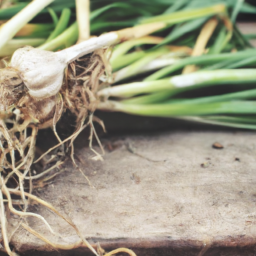
Crop insurance is essential for garlic farmers in Tennessee because it provides financial protection against unforeseen events that can impact crop yields, such as adverse weather conditions or crop failures. By investing in crop insurance, garlic farmers can secure their income and minimize potential losses, ensuring financial stability and peace of mind during challenging seasons.
To protect your garlic crop from winter frost in Tennessee, consider applying a thick layer of mulch, such as straw or leaves, around your garlic plants in late fall. This mulch acts as insulation, preventing the soil from freezing and safeguarding the garlic bulbs. In extremely cold regions, you can also use row covers or cloches to provide additional frost protection. Be sure to maintain proper airflow to avoid condensation, which can lead to mold and rot.